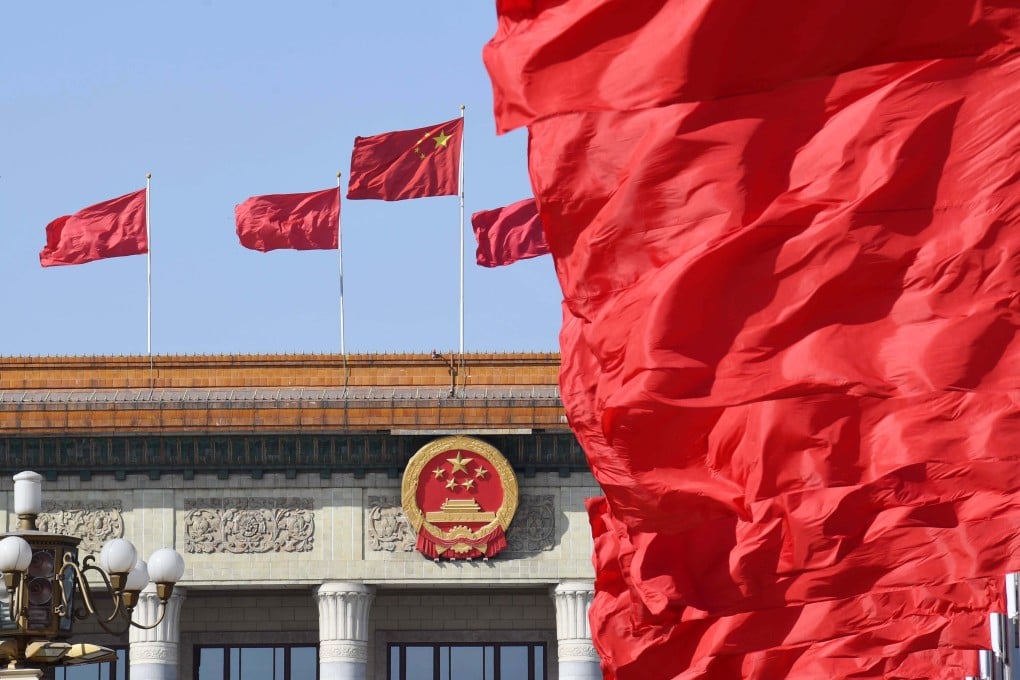China postpones year’s biggest political gathering amid coronavirus outbreak
- March’s ‘two sessions’ set to be delayed amid the Covid-19 epidemic, which has killed more than 1,700 people
- Government spokesman tells Xinhua news agency that delay will allow government officials to focus on fighting the outbreak

China’s annual parliamentary meeting, which was scheduled for early March, will almost certainly be postponed because of the Covid-19 outbreak.
The state news agency Xinhua reported that the standing committee of the National People’s Congress (NPC) would discuss the delay later this month – effectively indicating that it would be put back.
Zang Tiewei, a spokesman for the NPC legislative affairs commission, told Xinhua that deferring the March meeting would allow government officials to concentrate on controlling the outbreak, which has killed more than 1,700 people.
Zang said one third of the national legislators were also local government officials who are currently working to stop the disease spreading. No new date for the meeting has been announced.

Xinhua also reported that the leaders of the Chinese People’s Political Consultative Conference (CPPCC) had discussed delaying the full meeting in March and one for senior political advisers at the end of this month.
A mainland source who is familiar with the preparations said the risks of going ahead with the annual sessions of the NPC and CPPCC – commonly known as the “two sessions” – were too high.